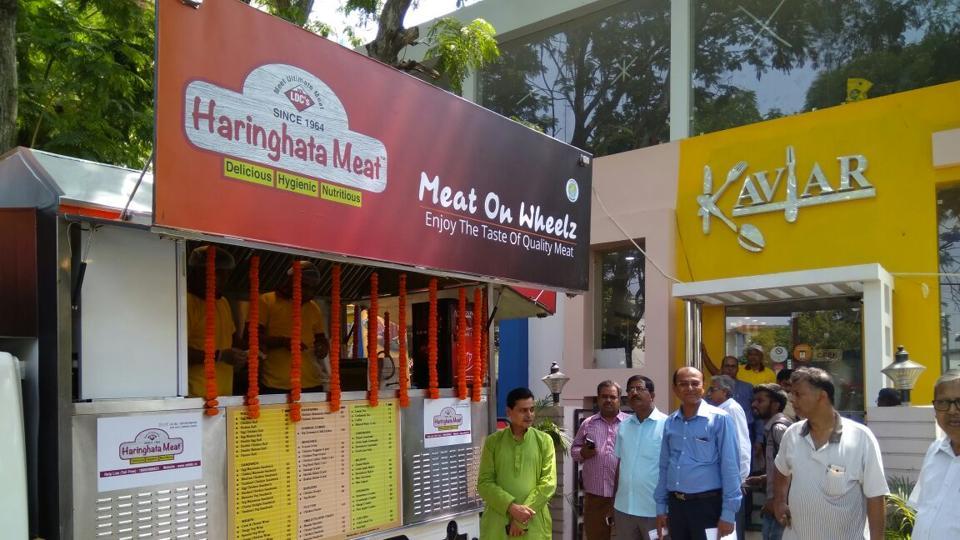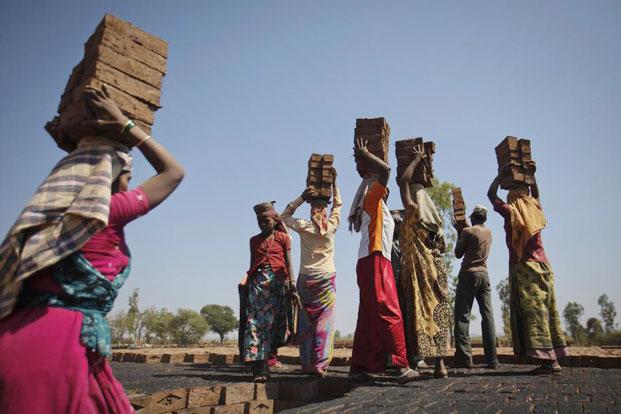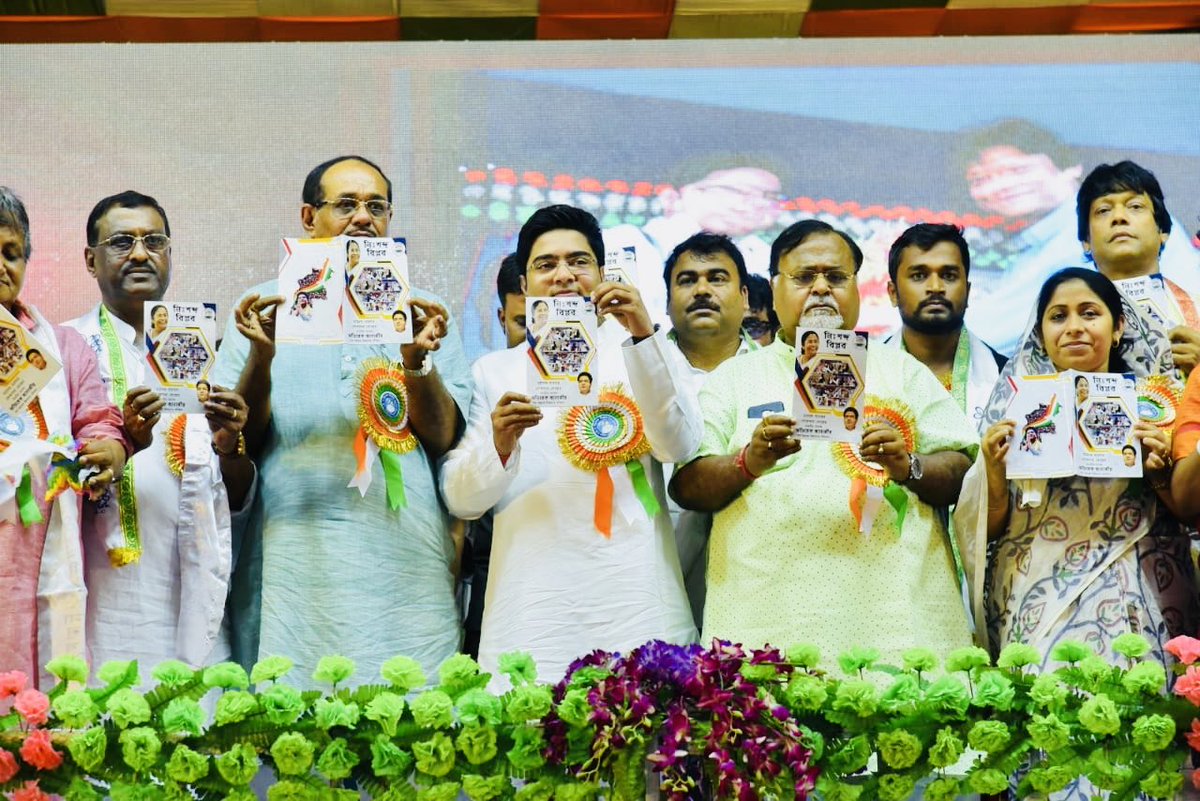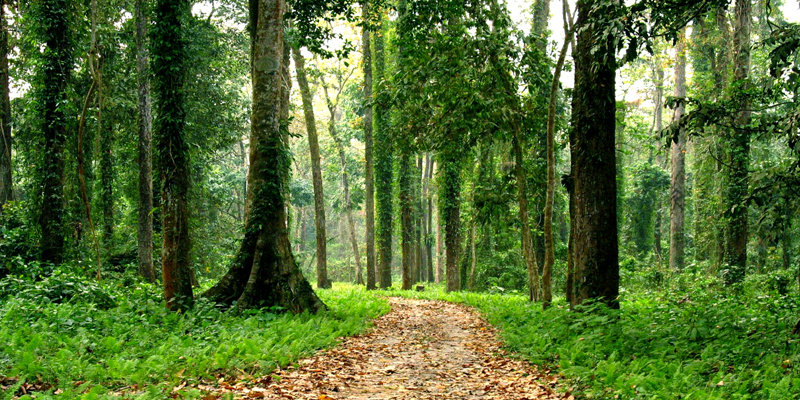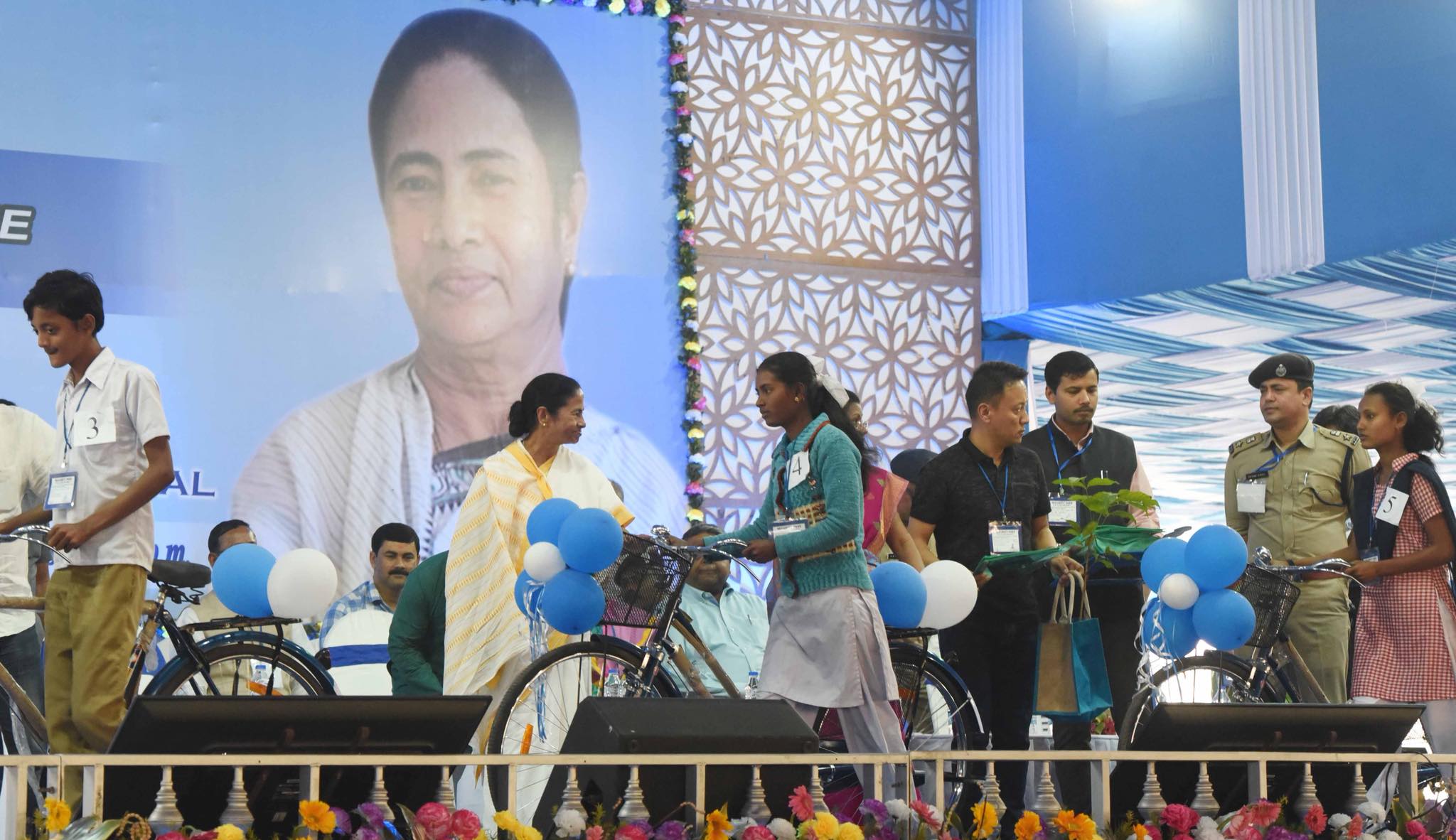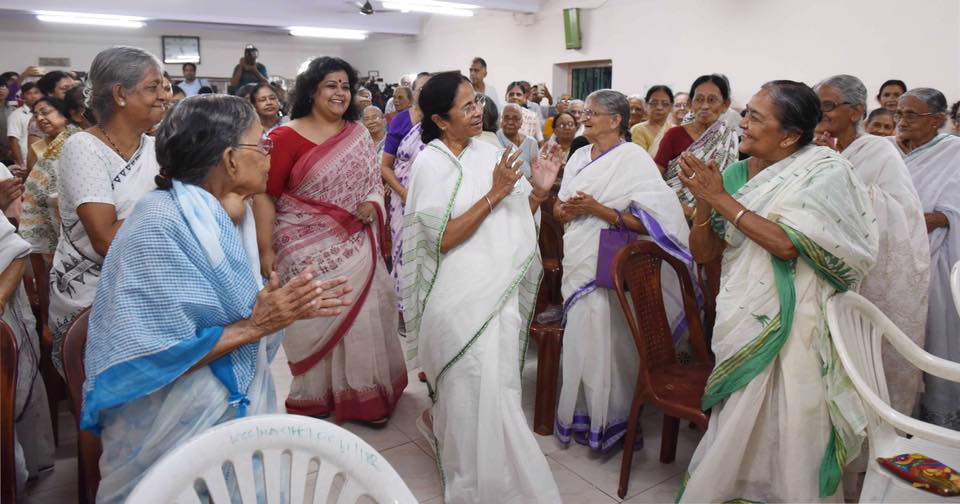Soon, Haringhata Meat, a unit of the State Government’s West Bengal Livestock Development Corporation (WBLSDC), would be selling ready-to-eat turkey kebab. A 250 gram pack would cost Rs 180.
Turkey meat is very healthy as well as tasty, but is not widely available. Hence, the decision to sell packaged kebabs was taken.
For the last few months, WBLSDC, through its Kaviar chain of takeaway meat shops, has been selling dressed turkey meat, priced at Rs 510 per kilogram.
The kebab packs would be sold at the 10 outlets of Haringhata Meat as well as in 240 other outlets across the State. They would also be available online at Big Basket and Delybazar, with whom Haringhata Meat has agreements.
In Bengal, turkey is raised mostly in the districts of North 24 Parganas, South 24 Parganas, Nadia, Purba Medinipur, Paschim Medinipur and Hooghly.
Source: Bartaman

